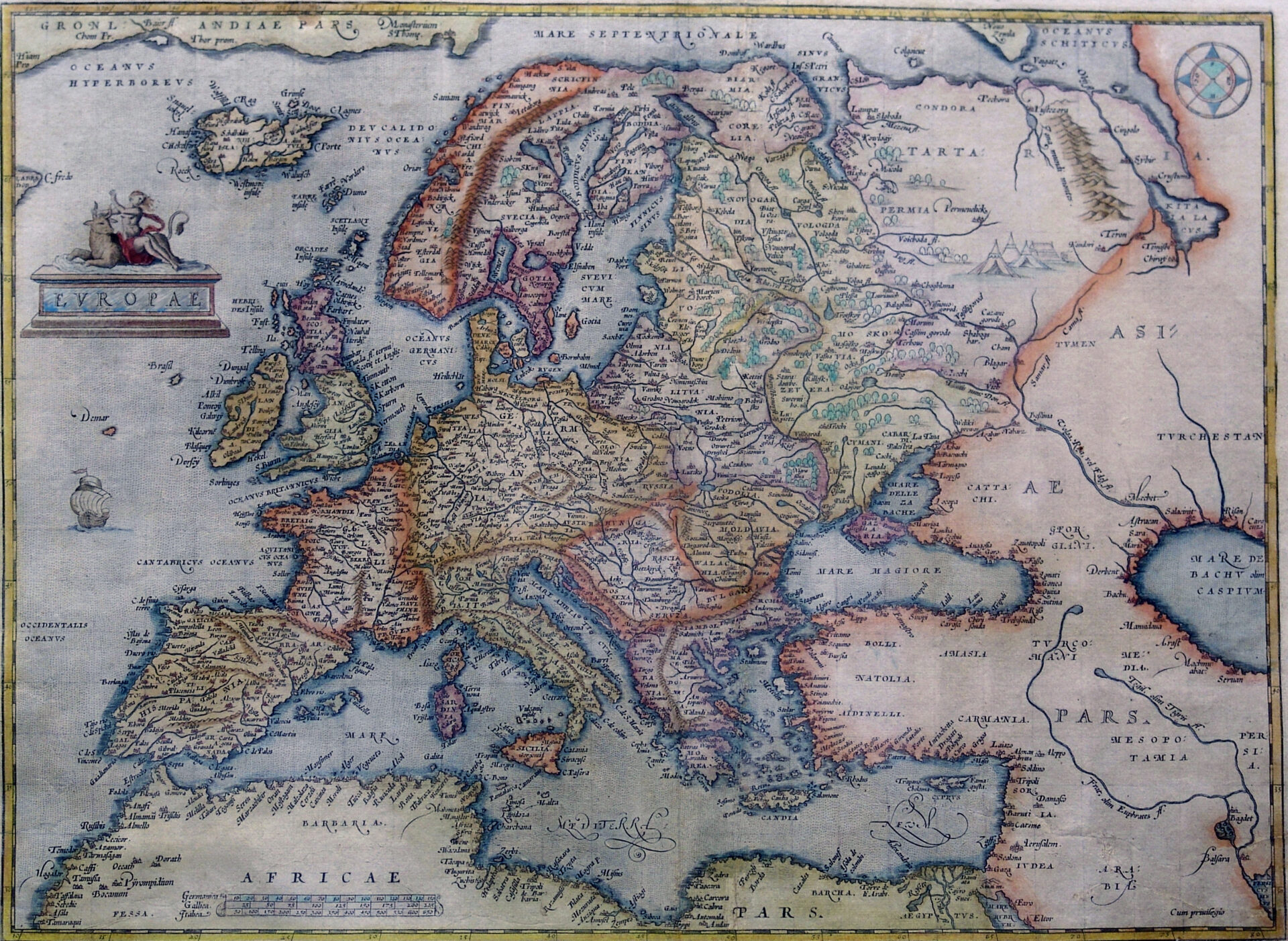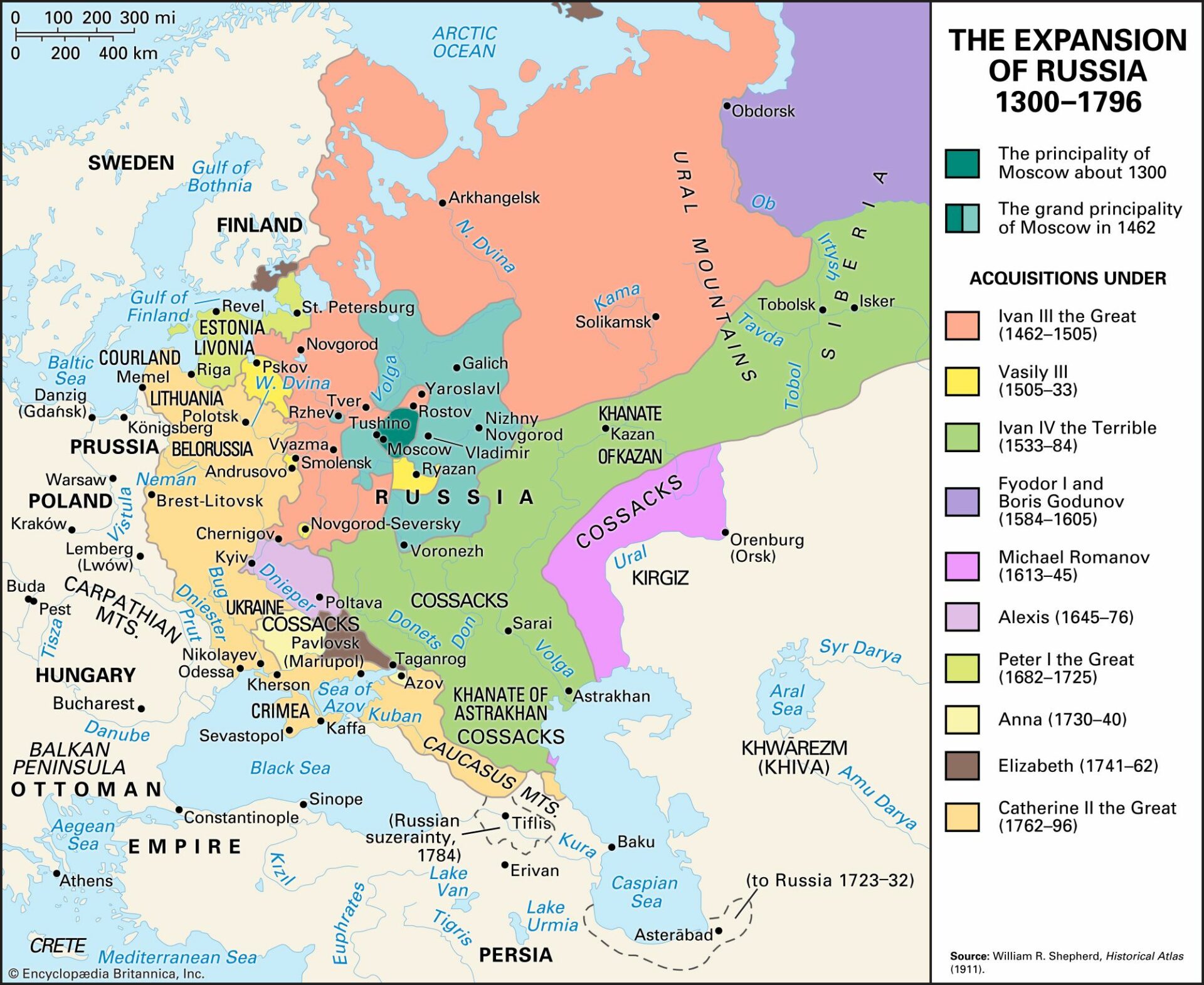The Old Regimes - Big Site of History
Par un écrivain mystérieux
Description
The term Old Regime is used to describe the institutions prevailing in Europe, and especially in France, before 1789. This was the "Old Regime" of the eighteenth century, in contrast to the "New Regime" that was to issue from the French Revolution. On the surface, the Old Regime followed the pattern of the Middle Ages, though the forces that were to transform the economy, society, and politics of modern Europe were already at work. To be sure, the economy was still largely agrarian, for most Europeans lived in farming villages and retained the localized outlook of the peasant.

7 Cultural Sites Damaged or Destroyed by War
Old age in the old regime

PDF) The Redistributive Role of Government: Economic Regulation in Old Régime France and England

War and Diplomacy, 1713-1763 The Old Regimes - Big Site of History

The Del Valle Family Home Historical Marker

Bad Religion-Age Of Unreason Exclusive LP Color Vinyl

Academic Freedom, Meet Big-Time College Sports

Storming of the Bastille - World History Encyclopedia

Empire - Wikipedia

Russia and Peter the Great, 1682-1725 The Old Regimes - Big Site of History

How Egypt became one of the world's richest nations during the 18th dynasty - Big Think

The Diplomatic Revolution and the Seven Years' War, 1756-1763

French Revolution: Timeline, Causes & Dates

History of China - Wikipedia

Palace of Versailles: Facts & History
depuis
par adulte (le prix varie selon la taille du groupe)







